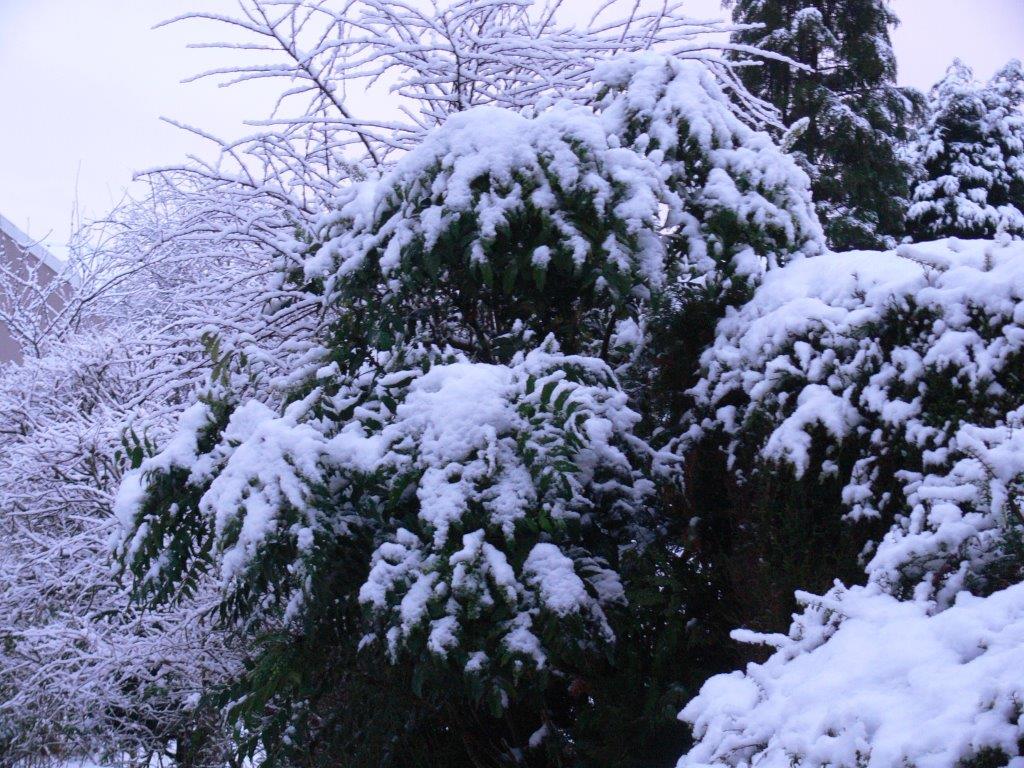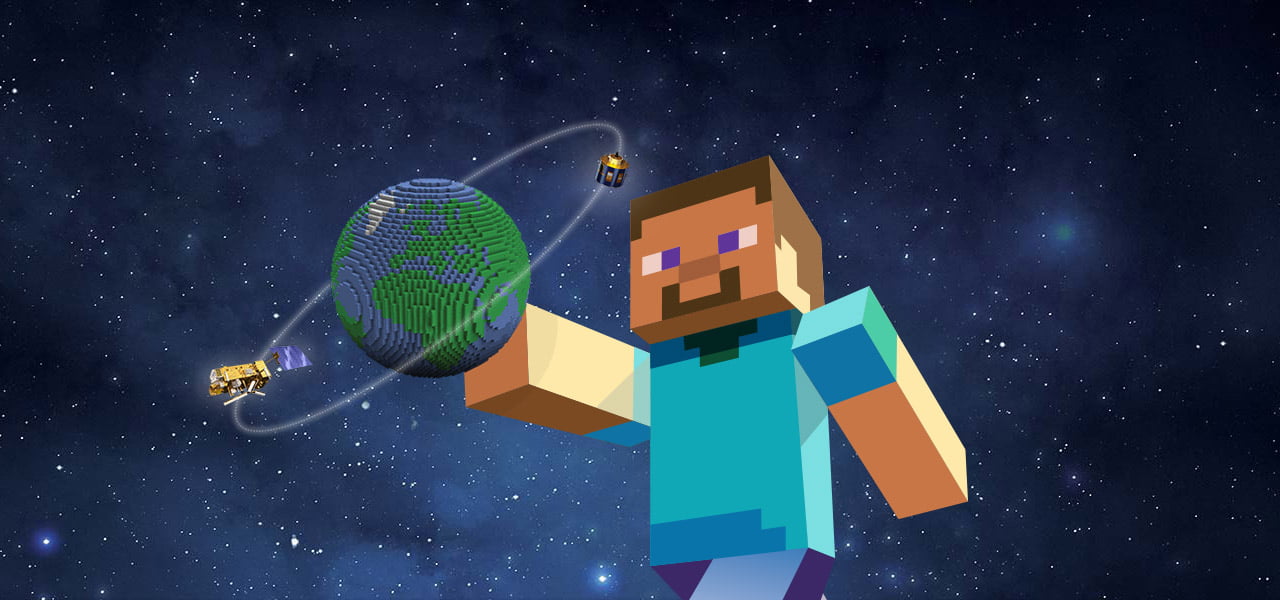 March 2015 Near Total Solar Eclipse – The Science and Folklore behind Eclipses
March 2015 Near Total Solar Eclipse – The Science and Folklore behind Eclipses
On the morning of Friday 20 March 2015 there will be a rare near-total solar eclipse visible from the UK. The Department of Meteorology at the University of Reading are holding a series of events as part of National Science Week to explain the science and folklore behind this natural phenomenon, and the weather changes that may accompany it.
Thursday 19 March 2015 – Open Evening
19:00 – 21:00 in The Madjeski Lecture Theatre, Agriculture Building, University of Reading
On the evening before the eclipse we will be holding an open evening, which will include talks on:
Space Weather
Eclipses – The Science
Eclipses Throughout the Ages
We will also be opening up our laboratories for demonstrations using meteorological equipment and sensors to take observations of the expected variations in temperature and wind speed accompanying the eclipse.
The event is free of charge, but places are limited. Please contact Dawn Turner to register if you would like to join us.
Friday 20 March 2015 – NEWEx – National Eclipse Weather Experiment
08:00 – 11:00 Department of Meteorology, University of Reading
A solar eclipse briefly dims the radiation coming from the Sun, leading to cooling in the atmosphere with interesting effects on the weather. To study these effects, the Department of Meteorology invites you to take part in NEWEx – National Eclipse Weather Experiment, a citizen science project to collect weather data during the solar eclipse for detailed analysis. We welcome participation and lesson inclusion from schools across the country.
Eclipse 2015 – notes for schools
National Eclipse Weather Experiment Frequently Asked Questions (FAQs)
By clicking any link on this page you are giving your consent for us to set cookies. More info



